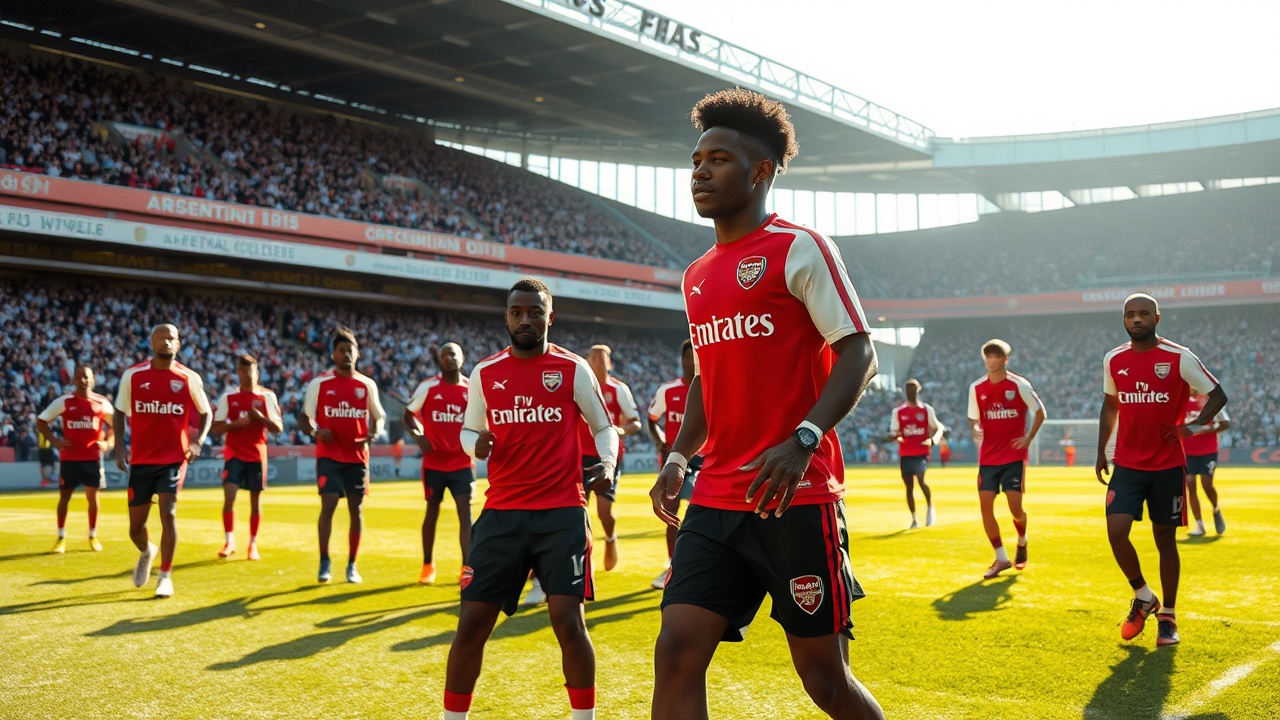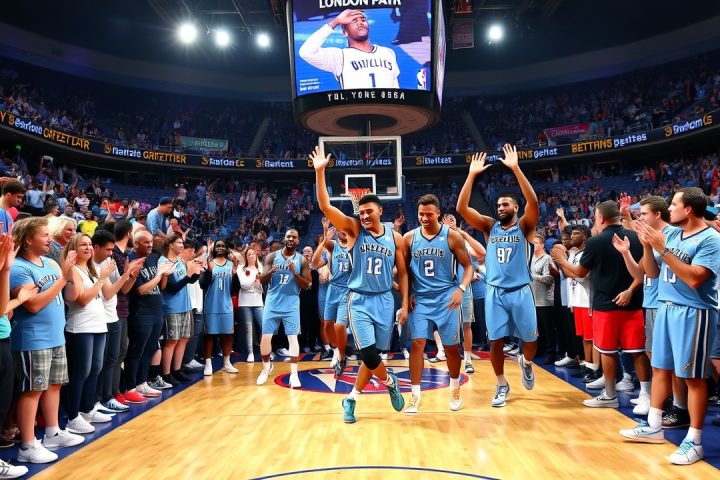Introduction
Three years back, I examined a significant case involving former Arsenal footballer Thomas Partey, who was arrested on alleged rape charges. At that point, I was unable to disclose his identity, but that has shifted dramatically. Partey has now been officially charged with five counts of rape and a single count of sexual assault—claims made by three women regarding incidents that transpired between 2021 and 2022, and he has denied all accusations.
Timeline of Events
Since February 2022, Partey has been under scrutiny from law enforcement, with his initial arrest occurring in July of that year. In my 2022 article, I critiqued Arsenal’s choice not to suspend him during such severe allegations, noting that this decision sends a troubling message to women.
Despite the ongoing investigation, Partey continued to play for Arsenal, contributing significantly to the team’s near title victory in the Premier League and representing Ghana in the 2022 World Cup. He appeared in 52 matches for Arsenal last season. His contract reportedly expired on June 30, yet his photo remained on the club’s official website until the afternoon following news of his charges.
Backlash Against Arsenal
Arsenal’s management now faces considerable backlash following the timing of the Crown Prosecution Service’s announcement of charges, which came just days after Partey’s contract ended. This situation raises questions about whether the club was forewarned of the impending legal developments and how they have navigated the allegations surrounding Partey.
Previously, the club justified its decision to keep him on the roster, stating he was on police bail while denying the allegations, and asserting that no charges had been laid at that time. I grappled with the justification for this stance, considering both the legal ramifications and the serious nature of the allegations.
Ethical Considerations
Yet, Arsenal’s intentions to renew Partey’s contract just a few months ago amid ongoing legal uncertainty invite further disquieting reflections on their ethical stance. While Arsenal has historically been recognized for championing initiatives in women’s sports and striving to conduct business ethically, their handling of Partey’s situation contradicts those values. The mixed messages conveyed over the past three years foster discomfort among supporters as they navigate their allegiance to the club against the backdrop of serious allegations.
Broader Implications
On the eve of the 2022 Women’s European Championship, UK broadcaster Gabby Logan remarked on football’s capacity to reflect broader societal attitudes, especially concerning significant issues like racism and sexism.
How does Arsenal’s approach, essentially proceeding as usual in light of serious sexual assault allegations, reinforce negative perceptions? It casts doubt on their commitment to addressing the seriousness of such accusations and what that signals to players, staff, and fans alike.
The reported statements from the club did not seem to align with their professed commitment to serious social issues. In comparison, other clubs have acted decisively when facing similar allegations. The examples of Mason Greenwood at Manchester United and another unnamed player show that suspensions can occur without implying guilt, demonstrating respect for the severity of such allegations and the potential impact on victims.
Conclusion
Additionally, it is evident that Arsenal’s stance is not singular to them; other clubs such as Tottenham and Brighton have also refrained from suspending players amid grave allegations, suggesting a recurring theme that the threshold for suspension is disproportionately high.
This inconsistency not only undermines the severity of the circumstances but also perpetuates a concerning narrative regarding the treatment of allegations of violence against women within football. The underlying questions about accountability and the messages being relayed by clubs necessitate serious introspection and change as society seeks to confront the pervasive issue of violence towards women.




